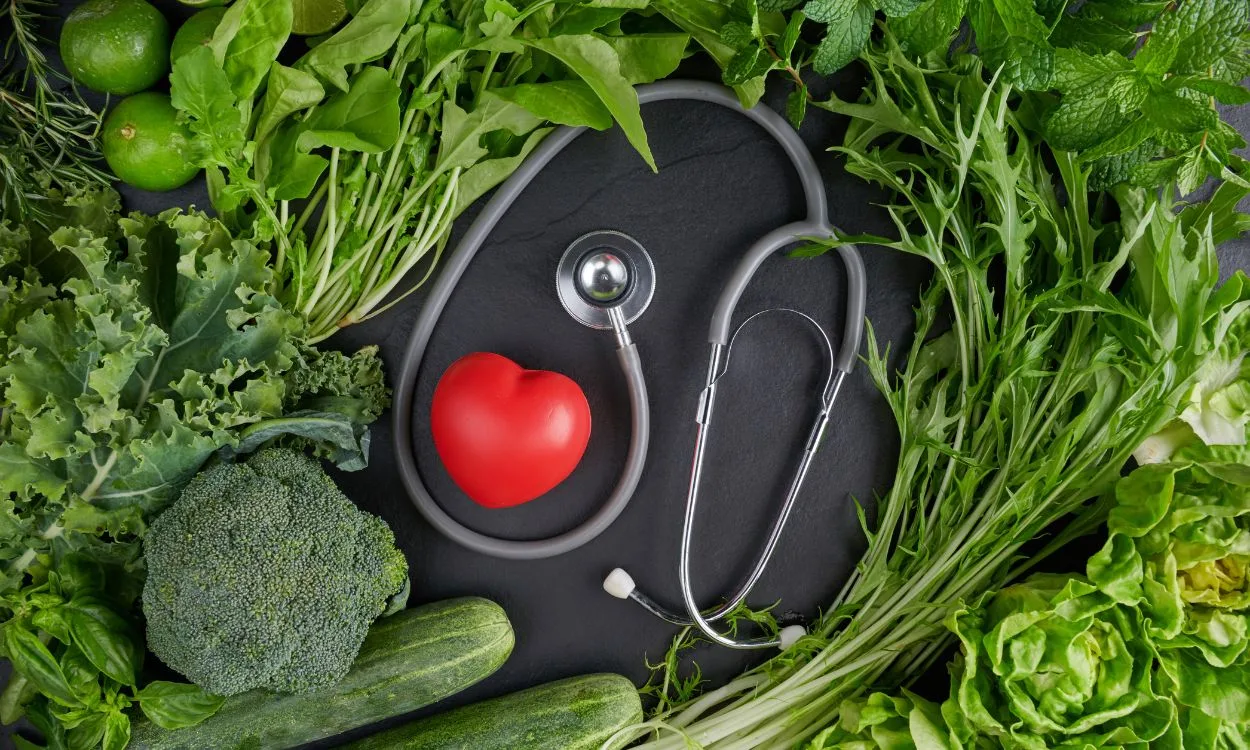How Does Diet Impact Blood Pressure and Hypertension Risk?
Introduction
High blood pressure, also known as hypertension, is a common health condition that affects a significant portion of the Indian population. It is a major risk factor for heart disease, stroke, and other serious health problems. While various factors contribute to hypertension, such as genetics and lifestyle choices, diet plays a crucial role in managing blood pressure levels. In this article, we will explore how diet impacts blood pressure and the risk of developing hypertension.
The Role of Sodium
- High sodium intake: Consuming excessive amounts of sodium, commonly found in processed and packaged foods, can lead to an imbalance in fluid levels in the body. This imbalance causes blood vessels to constrict, resulting in increased blood pressure.
- Recommended sodium intake: The Indian Council of Medical Research (ICMR) suggests limiting sodium intake to less than 2,300 mg per day for adults.
- Low sodium diet: Adopting a low-sodium diet can significantly help in managing blood pressure levels. This involves avoiding high-sodium foods like processed meats, canned soups, and salty snacks. Opting for fresh and homemade meals with minimal use of salt is recommended.
The Importance of Potassium
- High-potassium foods: Potassium is an essential mineral that helps balance the sodium levels in the body. Consuming foods rich in potassium can counteract the negative effects of sodium and lower blood pressure. Some potassium-rich foods include bananas, oranges, spinach, tomatoes, and potatoes.
- Recommended potassium intake: The Dietary Guidelines for Indians recommend a daily intake of 2,500-3,000 mg of potassium.
- The DASH diet: The Dietary Approaches to Stop Hypertension (DASH) diet is specifically designed to lower blood pressure. It emphasizes consuming fruits, vegetables, whole grains, lean proteins, and low-fat dairy products, which are all excellent sources of potassium.
The Impact of Fats
- Saturated fats: Consuming a diet high in saturated fats, commonly found in red meat, full-fat dairy products, and tropical oils, can contribute to high cholesterol levels and increase the risk of hypertension. It is advisable to limit the intake of these saturated fats to promote heart health.
- Recommended saturated fat intake: The ICMR suggests limiting the intake of saturated fats to less than 10% of total daily calories.
- Unsaturated fats: On the other hand, including healthy fats, such as monounsaturated and polyunsaturated fats, in the diet can have a positive impact on blood pressure. Foods rich in these fats include avocados, olive oil, nuts, and seeds.
The Benefits of Fiber
- High-fiber foods: A diet high in fiber, specifically soluble fiber, has been shown to lower blood pressure levels. Foods rich in fiber include whole grains, legumes, fruits, and vegetables. These foods not only promote healthy digestion but also contribute to overall heart health.
- The Mediterranean diet: The Mediterranean diet, which emphasizes whole foods, lean proteins, and high-fiber options, is known for its positive impact on cardiovascular health. Following this diet pattern can help manage blood pressure effectively.
Conclusion
Maintaining a healthy diet plays a pivotal role in managing blood pressure levels and reducing the risk of developing hypertension. By minimizing sodium intake, consuming potassium-rich foods, opting for healthy fats, and incorporating fiber into the diet, individuals can take proactive steps towards achieving optimal cardiovascular health.
To take control of your health and track your progress, consider downloading the Fitpaa app. With its personalized approach and comprehensive guidance, Fitpaa can help you achieve your health and fitness goals while managing your blood pressure effectively. Take the first step towards a healthier lifestyle by exploring the features and services offered by Fitpaa.
Remember, you have the power to make positive changes in your diet and lifestyle to safeguard your heart health and overall well-being. Start today and experience the benefits of a balanced diet on your blood pressure and overall health.









